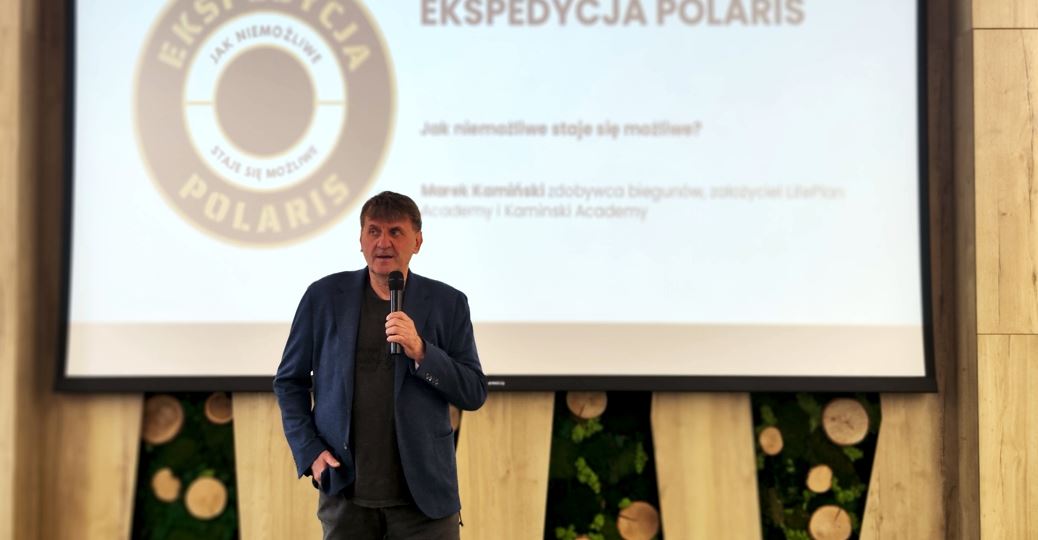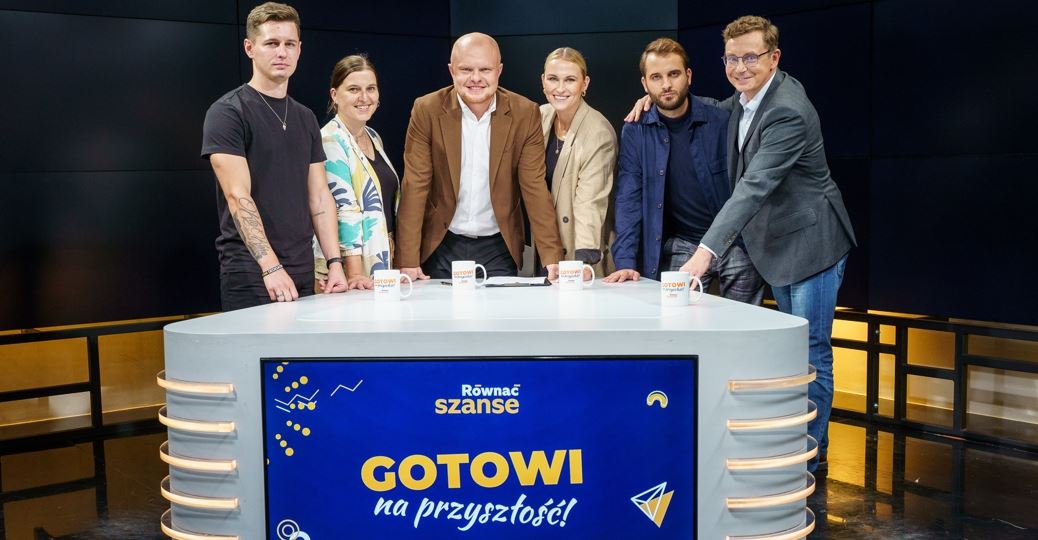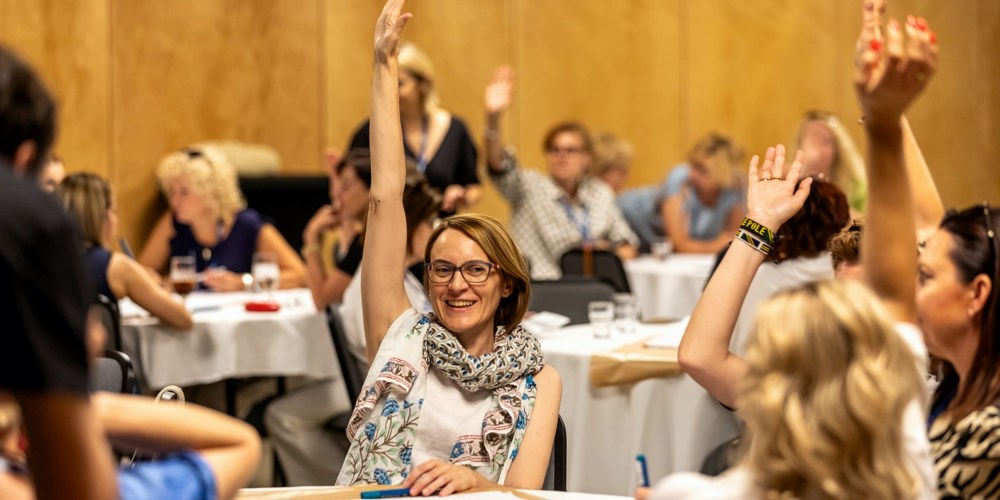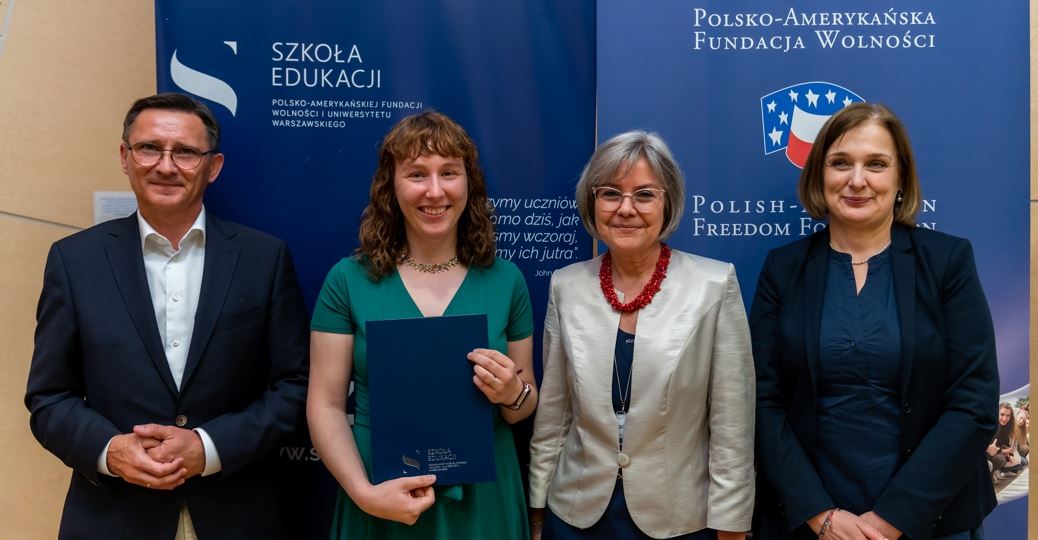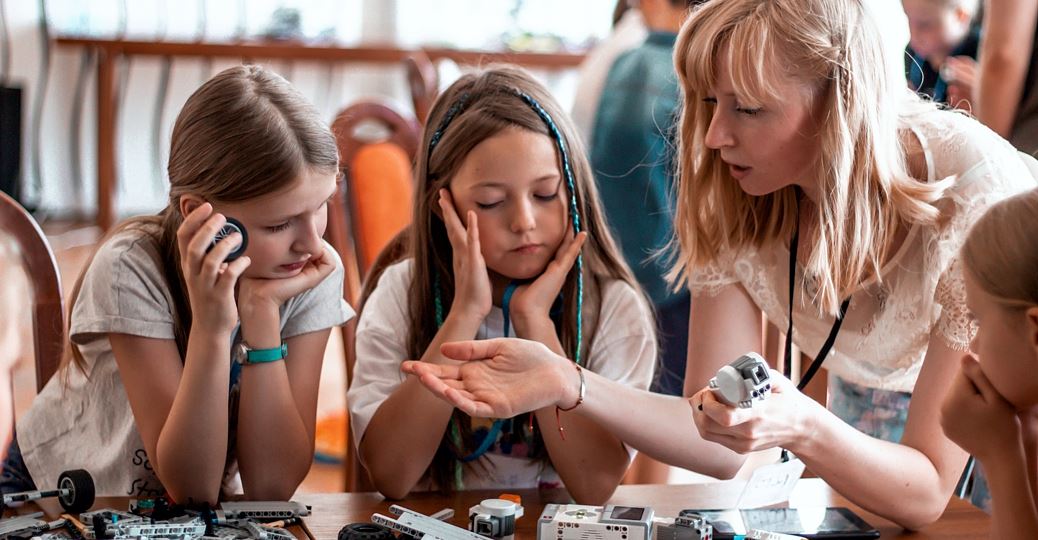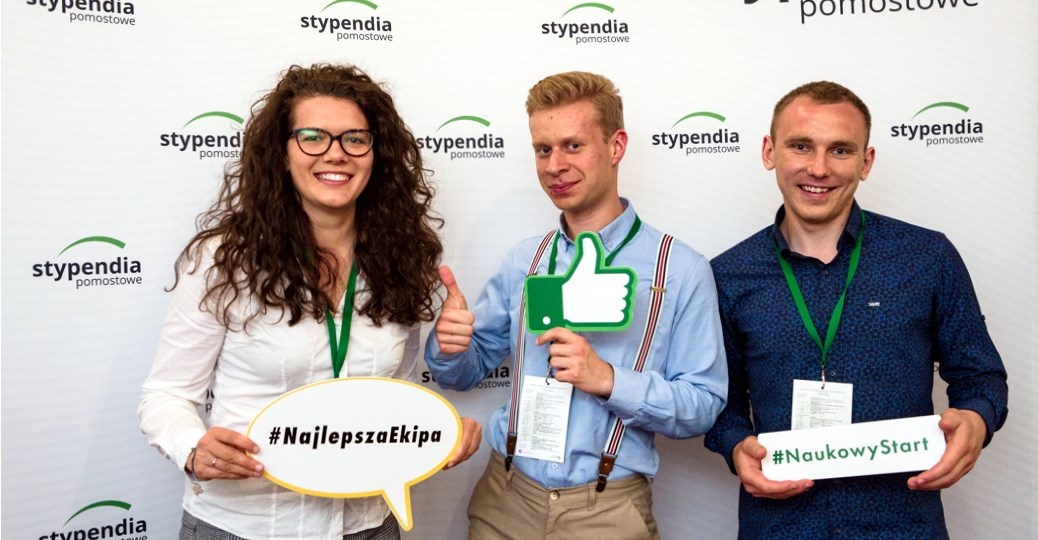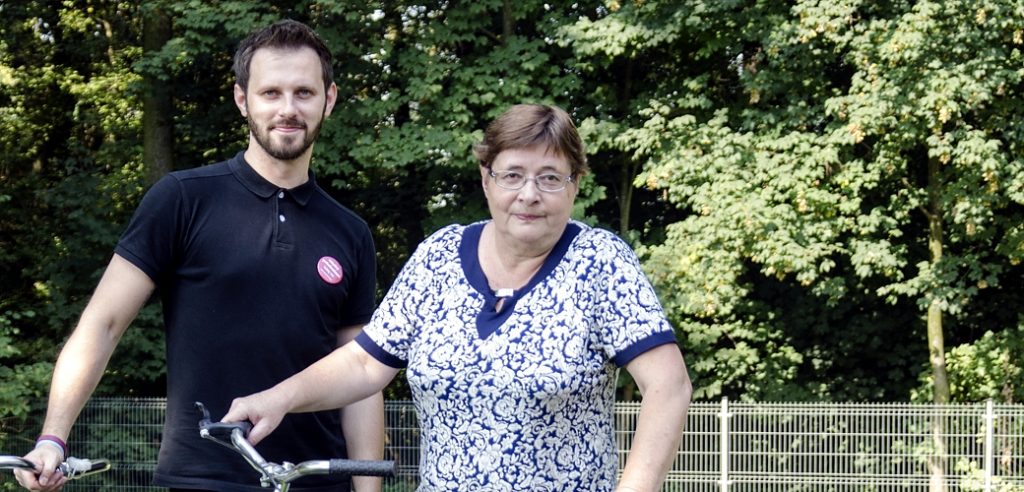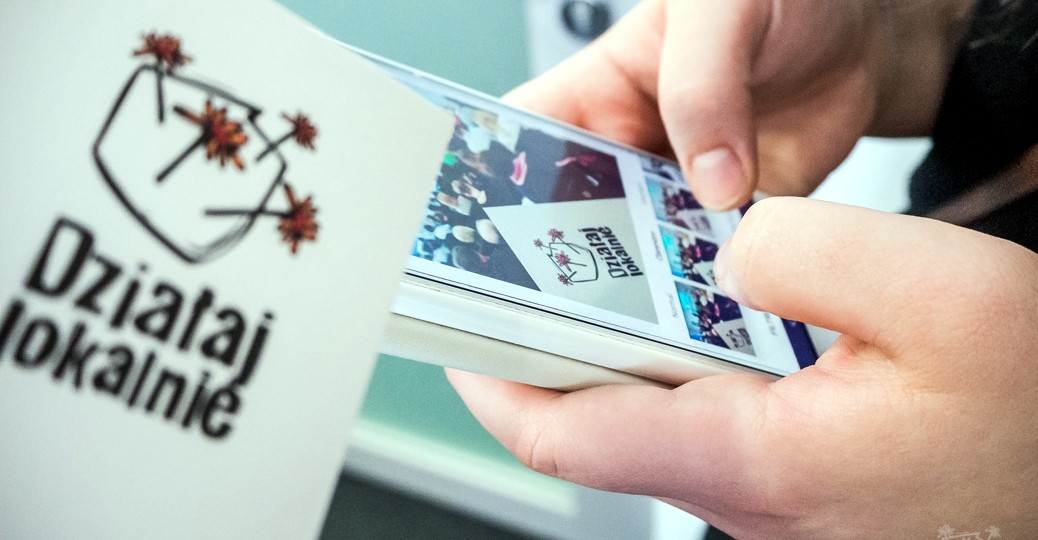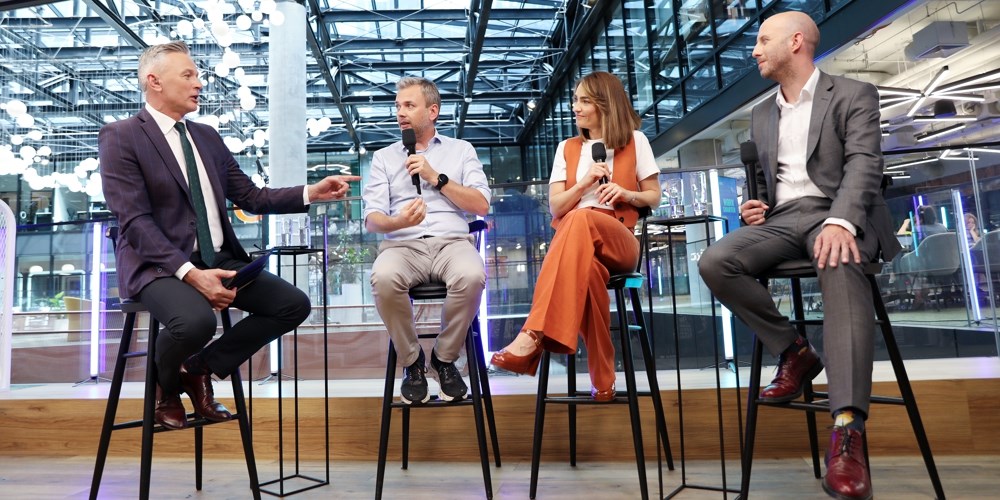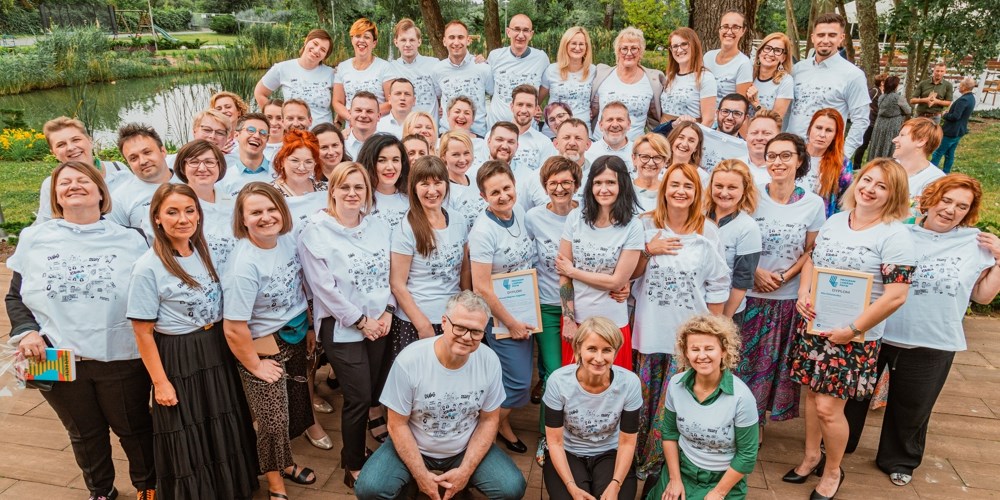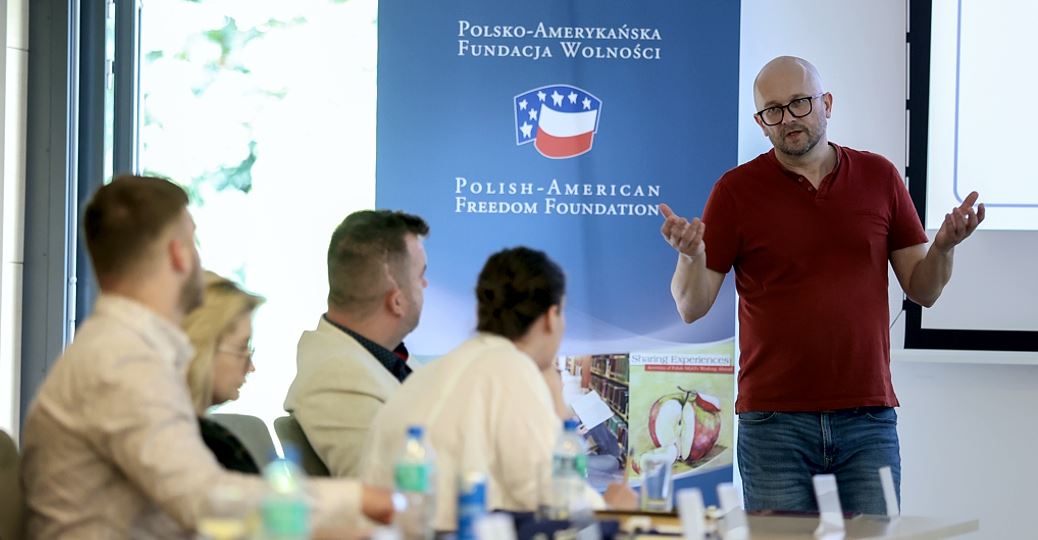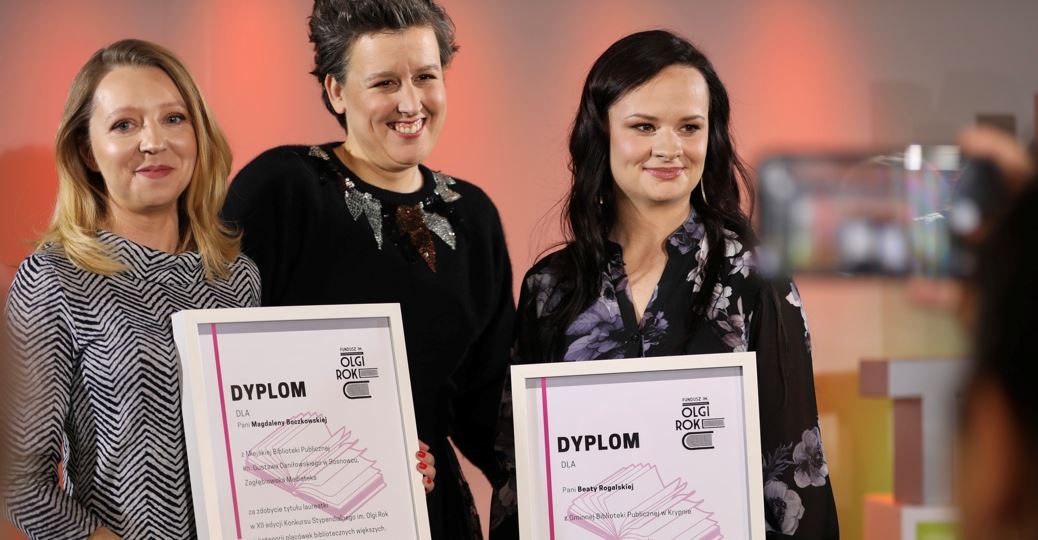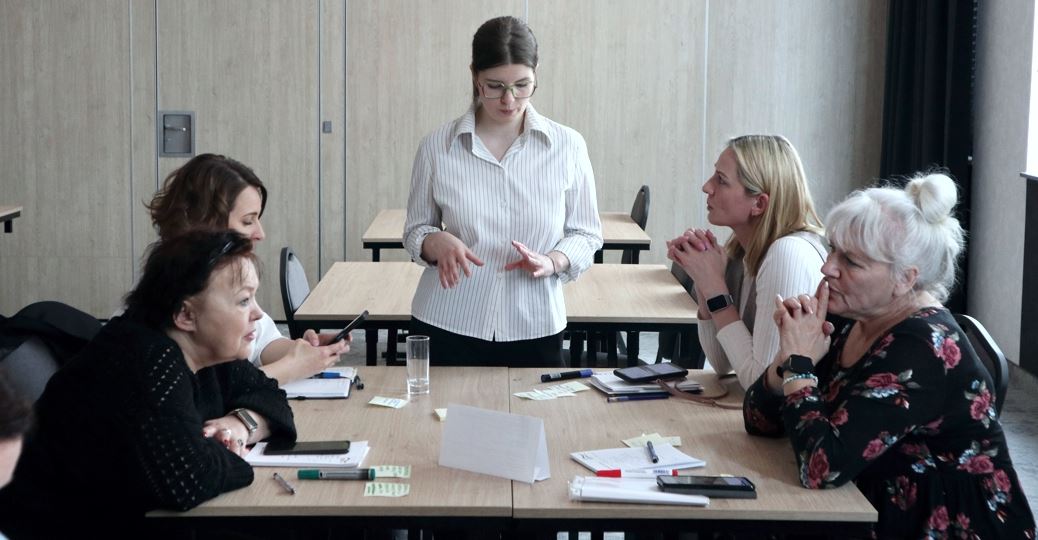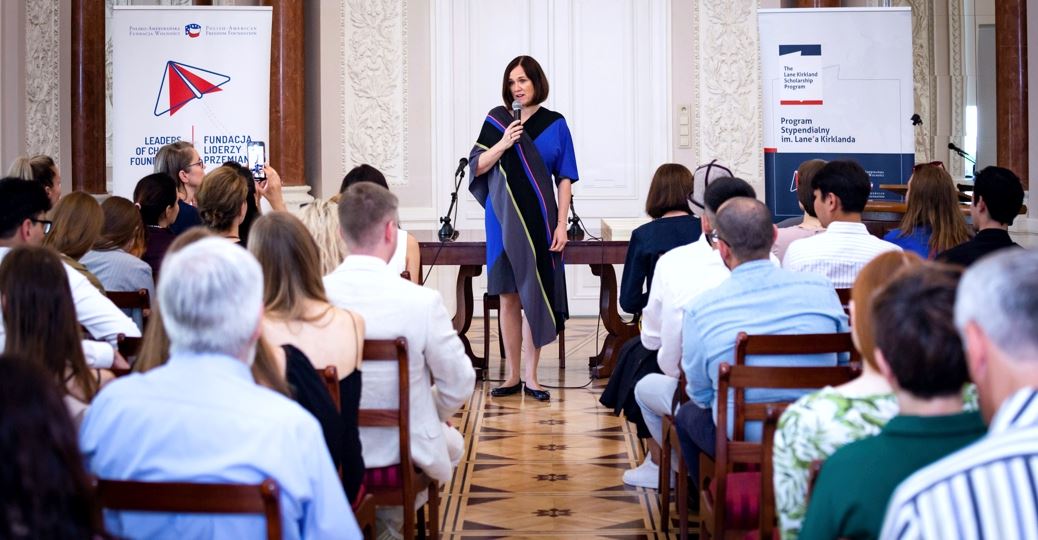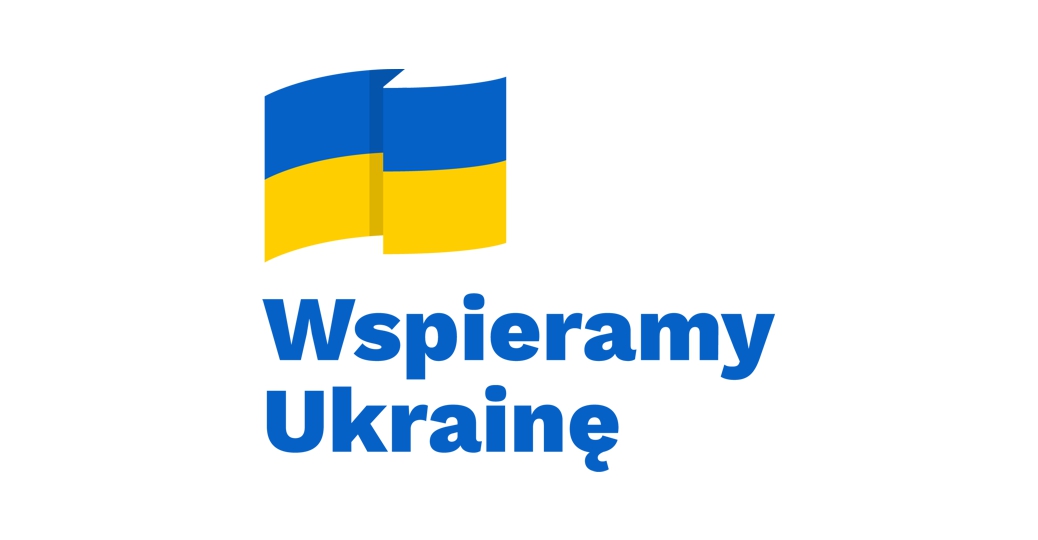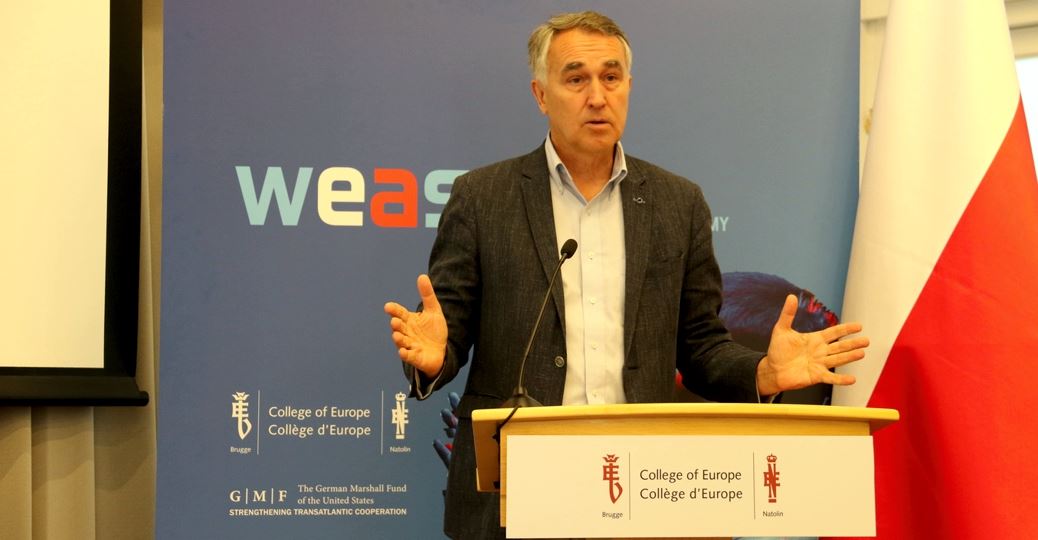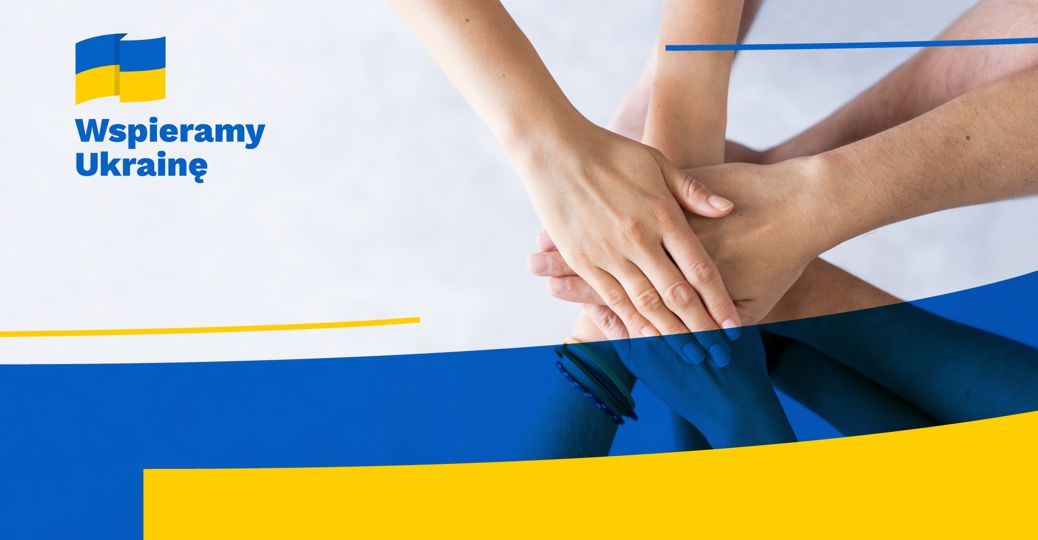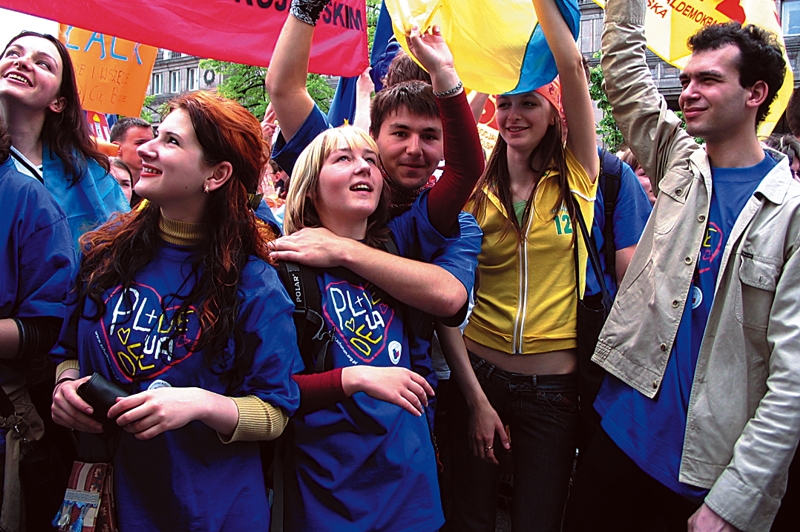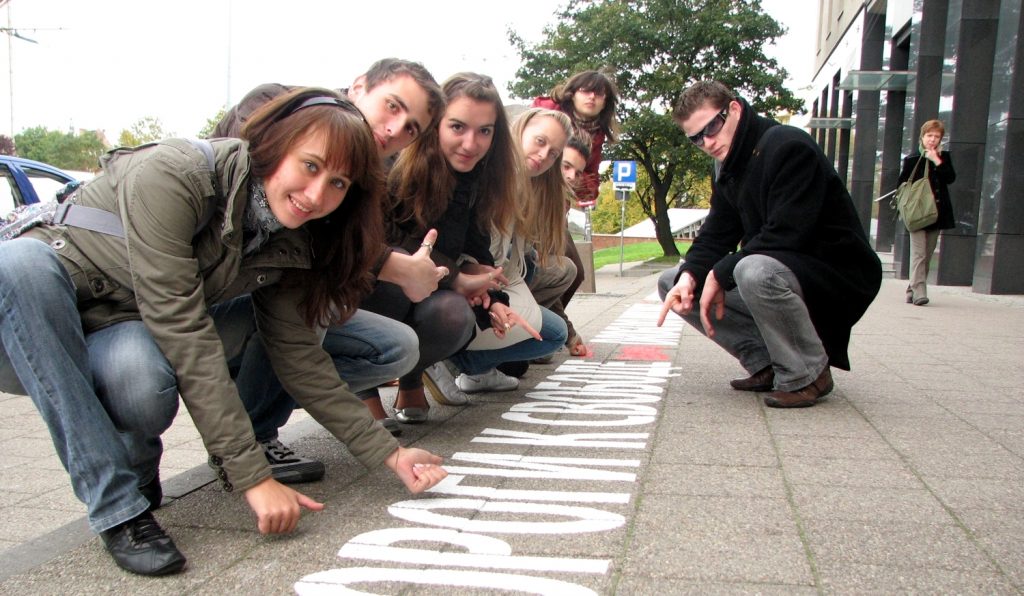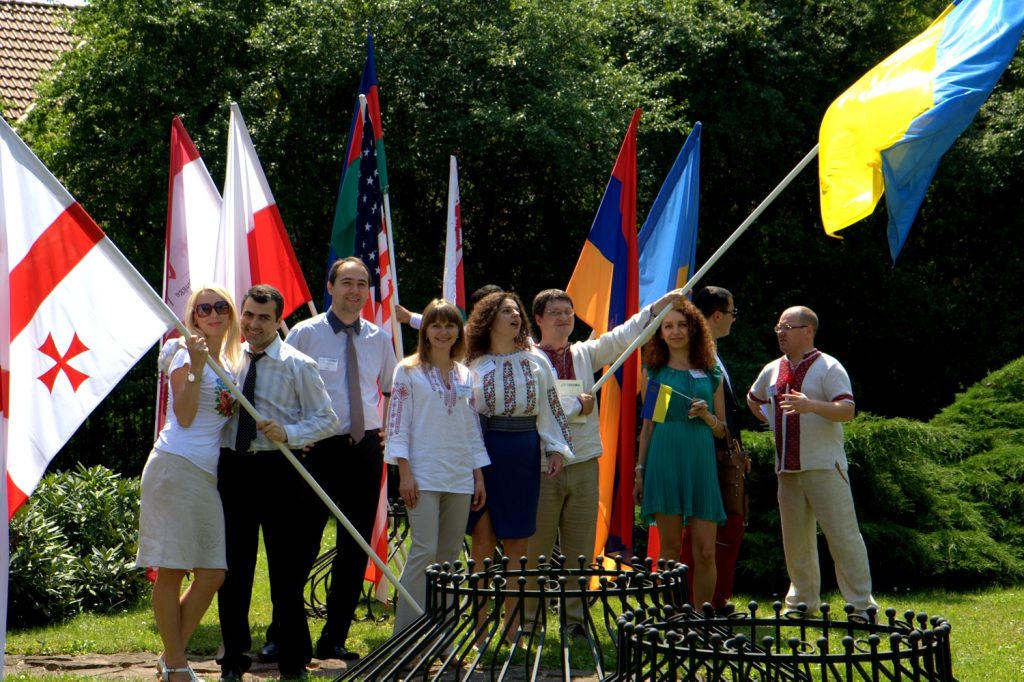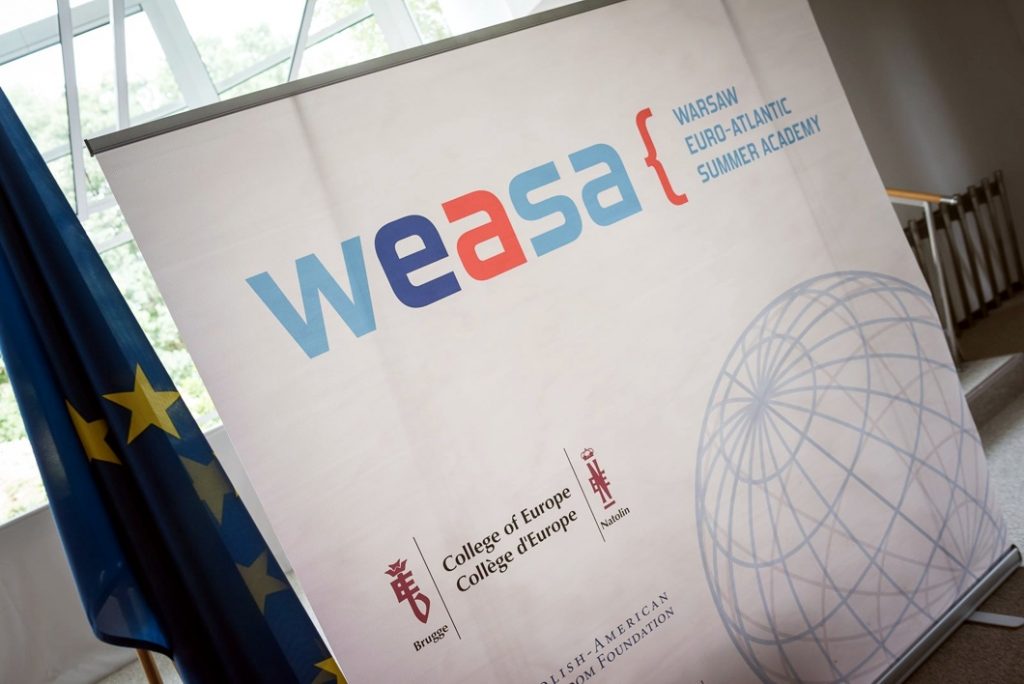Launched in 2004, the program is addressed to active university students and professionals from countries of Eastern Europe and other post-communist states. The objective of the program is to show participants the realities of Poland and the European Union as well as develop and strengthen professional and personal contacts between young leaders from Eastern Europe and their Polish hosts.
University students are offered a study tour of more than ten days to Poland; the eligible candidates are 18 to 22 years old, they come from Belarus, Moldova, Ukraine. Students participating in the “STP” meet representatives of the Polish academic environment, civic organizations, leaders of public life; they also participate in lectures, workshops, seminars, and cultural events. Students apply to the program individually. The tours are organized for mixed groups of about a dozen people coming from various countries. They are held twice a year, in the spring and the fall, and are managed by experienced Polish NGOs selected in an open competition. Study tours for students are coordinated by the Borussia Foundation.
The offer for professionals is addressed to representatives of local governments, state administration, central state institutions, NGOs, media, education, and other professional groups from Eastern Europe, the Southern Caucasus, and Central Asia. The tours, aimed at sharing the Polish experiences in transformation and European integration, are held in cooperation with Polish NGOs, as well as central and local administration bodies.
After the Maidan events in 2014, special emphasis in contacts with Ukraine has been placed on sharing experience with people involved in local government reform and activities related to integration of Ukraine with EU structures. From 2004 to 2023, study tours to Poland were held for 7,007 citizens of Ukraine, including 4,772 professionals and 2,235 students.
The recruitment of participants in study tours for professionals is preceded by a letter of intent sent to the “STP” program office in Warsaw by an interested institution and its partner organization from the countries of the region, or by a Polish NGO or another institution.
Between 2004 and 2023, a total of 10,931 participants, including 3,728 university students and 7,203 professionals representing various environments took part in the study tours. Prior to the COVID-19 outbreak, more than 300 experts and more than 200 students visited Poland every year.
In 2022, due to the Russian aggression in Ukraine, PAFF launched the “STP for Ukraine” initiative with a budget of PLN 900,000. Polish NGOs who had hosted student and professional leader groups in Poland channeled material and financial aid through program alumni to people affected by the war. Aid reached most of Ukraine’s 24 oblasts, including the city and oblast of Kyiv, as well as the oblasts of Lviv, Ternopil, Dnipropetrovsk, Kharkiv, Sumy, and Luhansk.
“Study Tours to Poland” alumni from Ternopil and founders of the Ternopil Science Center, Khrystyna Bilinska (public official and social activist) and Mykhailo Syrotyuk (city councilor), organized a sizable group of volunteers and are actively involved in supporting refugees, among others by delivering material aid. The Science Center in Ternopil now serves as a local humanitarian aid center.
Under the “Study Tours to Poland” program, the Foundation is involved in the Warsaw Euro-Atlantic Summer Academy – WEASA – a joint initiative of PAFF, the German Marshall Fund of the United States and the College of Europe. The Academy offer involves two weeks of classes, based at the Natolin campus, and is addressed to experts from the EU Eastern Partnership countries, i.e. analysts, political and government advisors, think tank and NGO staff, civil servants, and journalists. In the years 2013–2016, the thematic scope of the Academy focused on political transformation, European integration, and transatlantic relations. Since 2017, WEASA’s main subjects have been digital challenges, in particular cybersecurity. The 10th WEASA edition titled “Information war and the new geopolitical reality” focused mainly on Russia’s war against Ukraine and its impact on the Region, Europe and the rest of the world.
From 2013 to 2023, in total, the eleven WEASA editions attracted 490 people from Eastern Partnership countries and (since 2017) the Western Balkans, including: 47 participants from Armenia, 36 from Azerbaijan, 44 from Belarus, 87 from Georgia, 42 from Moldova, and 135 from Ukraine.
The Foundation has disbursed $8,351,955, including $282,566 for the current edition.


